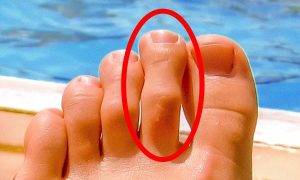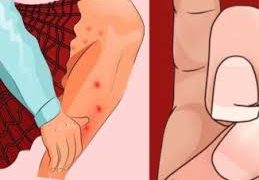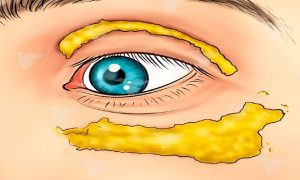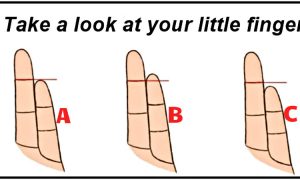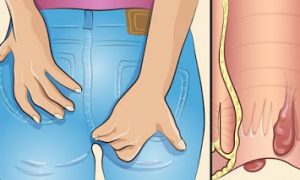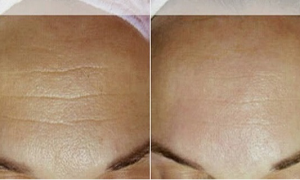Coenzyme Q10, also known as ubiquinone, is a vitamin-like substance, liposoluble, synthesized in the body. It is found in every cell of the body, especially those with intense activity, such as the liver, brain or heart, with a higher concentration in the heart.
Also, the ingredient has an important role in dermatology, which can stop the destructive aging process of the skin and thus prevent the appearance of wrinkles.
We already know that skin is the biggest organ in the body, largely exposed to harmful agents that contribute to premature aging.
These agents can be both internal (hormonal imbalances, for example) and external (environmental factors such as UV rays, among others). These can lead to the loss of skin hydration and elasticity, thinning it or destroying the natural protection of the body against environmental aggression.
Applying coenzyme Q10 directly to the skin can reduce the harmful effects of these agents by increasing cellular energy production and antioxidant effect.
In addition, coenzyme Q10 has the ability to reduce oxidative stress (produced on every breath we take, the one that gives a brown color to the banana in a few days and the apple in a few minutes; the same thing happens in our cells), protects cells and DNA.
Coenzyme Q10 prevents changes in the body produced by the action of free radicals, as we have mentioned above, and therefore has a strong effect on the general condition of the skin.
To prevent and reduce wrinkles, it’s recommended to take care of your skin by using creams containing Coenzyme Q10 to ensure that the ingredient reaches even the deep layers of the skin.
Theoretically, it would take about 30mg of Q10 coenzyme a day. It’s possible, however, that your skin doesn’t have so much coenzyme without external support, so it’s good to help it through cosmetics and supplements.



